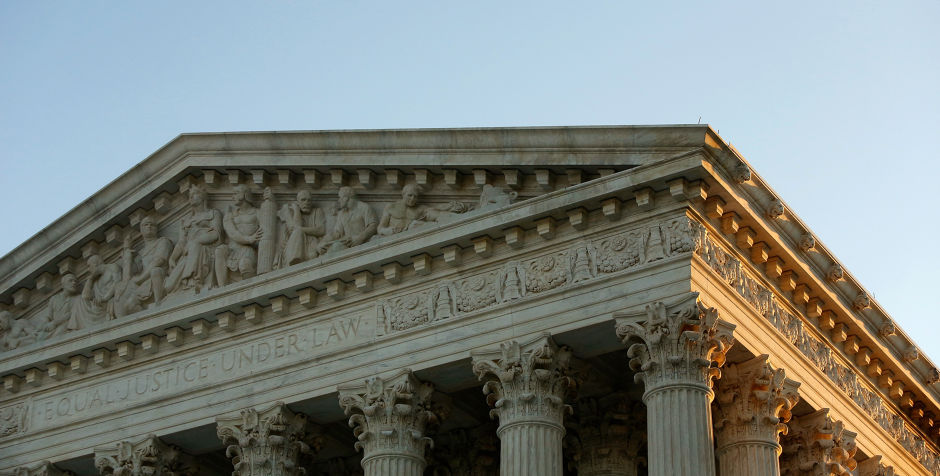Report from the Supreme Court
A Supreme Court session, or “term,” opens each year around the first of July and closes around the end of the following June. That is why many major Supreme Court opinions are issued near the end of June. Expect fireworks in late June.
The current Supreme Court term involves many important cases. Here are some details on some important ones you should keep your eye on:
Religious Freedom:
The Supreme Court has already decided a landmark religious liberty decision this year in Holt v. Hobbs, holding that a prisoner has the right, under the federal Religious Freedom Restoration Act (RFRA), to grow a half-inch beard pursuant to his religious beliefs. The Court unanimously rejected the argument that a beard of that length presented an overriding security threat.
Meanwhile, the Court is currently considering EEOC v. Abercrombie & Fitch, a religious discrimination case in which the clothing business allegedly refused to hire an otherwise qualified employee because she wore a headscarf for religious reasons. That case has been argued and a decision should issue in the next several months.
Free Speech:
The current term presents the Supreme Court with several free speech cases, all of which have yet to be decided. The most prominent one that the ACLJ filed a friend-of-the-court (“amicus”) brief in involves religious signs. Can a municipality allow for large, long-standing political signs while sharply limiting the size and duration of signs that a church posts telling people where and when services are held? That’s the issue in Reed v. Town of Gilbert. The ACLJ filed its amicus brief in support of the church in this case.
Obamacare:
The so-called Patient Protection and Affordable Care Act, popularly known as Obamacare, is back before the Court again this Term in King v. Burwell. At issue is whether the Obama Administration broke the law (as we argue in our amicus brief) by subsidizing exchanges in states where the states declined to create such exchanges themselves. This case involves one of many examples where the Obama Administration, to all appearances, simply did an end run around the law in order to achieve a result it preferred.
But no President, of whatever party, should be above the law.
